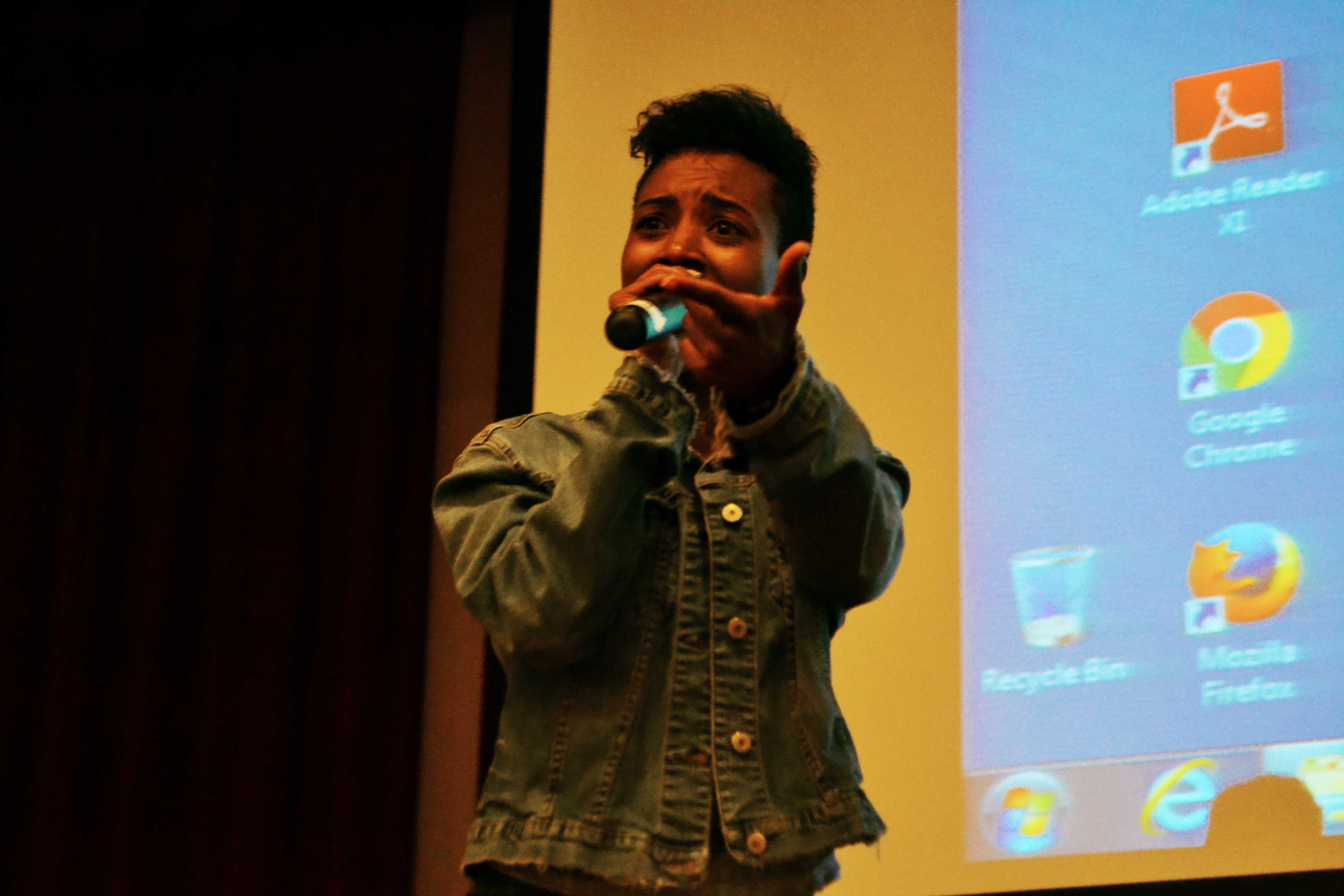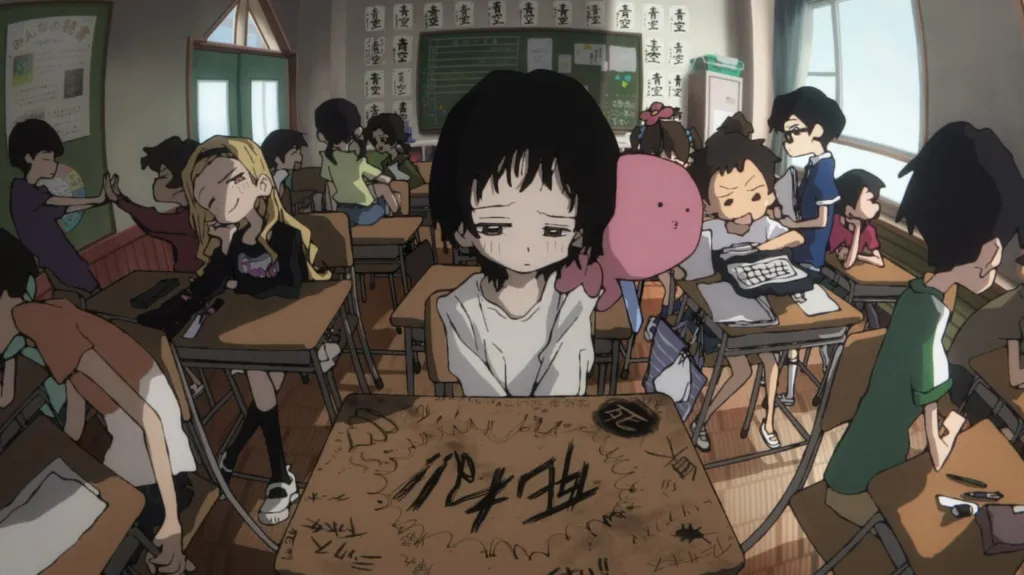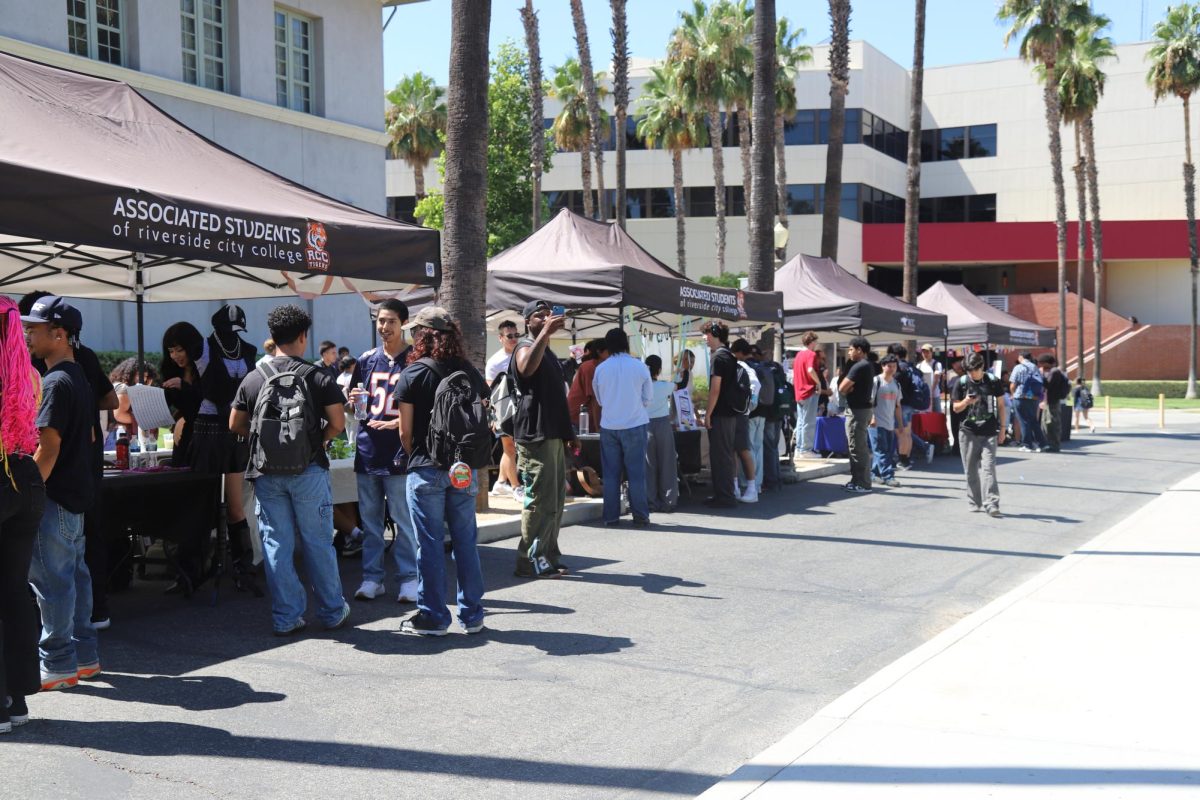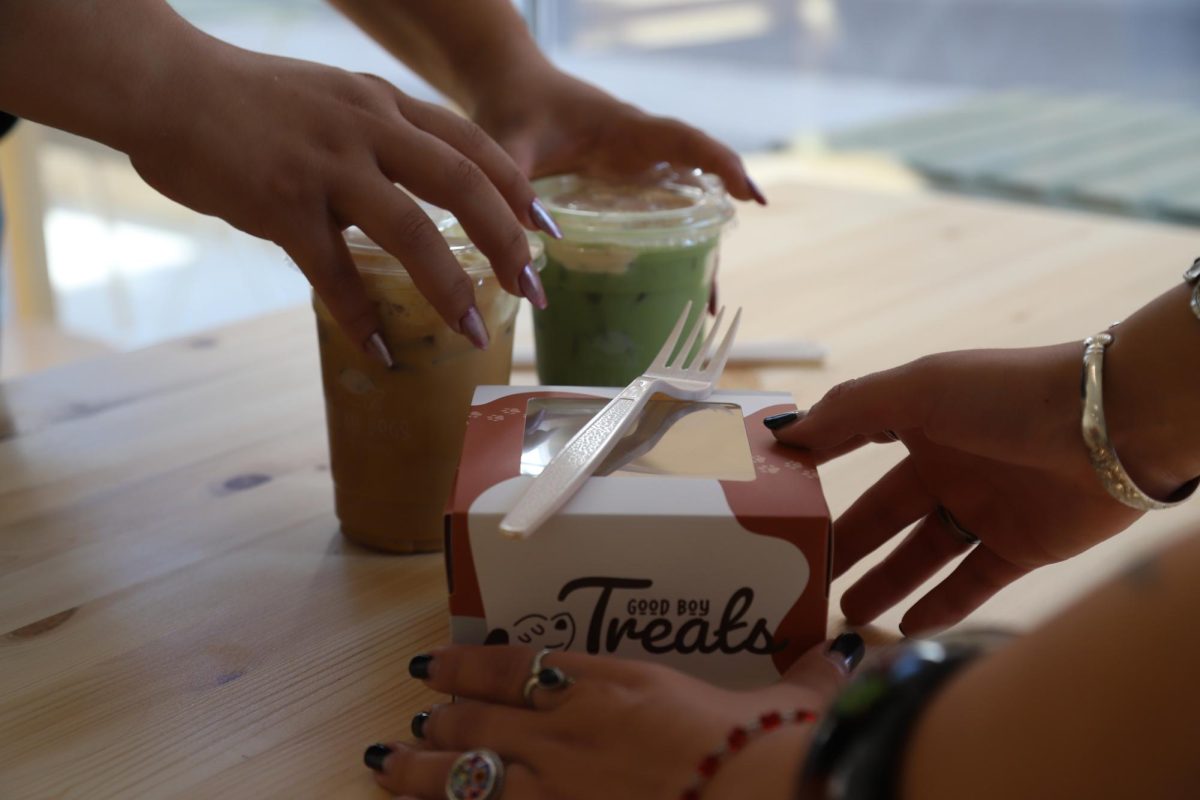Written by Hector M. Zermeno

Cultures in the United States are celebrated for their unique contributions to the American experience.
For African-American culture, February is a time that commemorates the history and achievements that make it a big part of this country.
With Black History Month coming to an end, students at Riverside City College came together to showcase their artistic talent.
The Ujima Project hosted the Black History Artist Showcase in the Digital Library Auditorium Feb. 25.
“I just have goals and aspirations of making it as big as possible,” said Cory Justice, president of the Ujima Project.
Justice said he felt the event was a success and he saw a better turnout than he expected.
The event presented a variety of talent including dancing, spoken word, drawing, graphic design, painting and hip-hop.
“For the student art showcase today, we really wanted to highlight some of the work of African-American students here on campus,” said Alise Clouser, adviser to the Ujima Project.
One of the artists present at the showcase was a dancer named Jazmyn Williams.
Williams performed a modern dance to spoken word because she enjoys emoting her feelings through the dance.
A video of “Dear Black Girl,” a spoken word poem performed by YouTube vlogger Felicia Ngwube, played on the screen while Williams danced in the pit in front of the stage.
“I didn’t want to do a song because sometimes songs don’t really capture feelings,” Williams said. “The first time I heard (“Dear Black Girl”) I said, ‘This is it. This is what I’m doing.’”
Ngwube speaks about the hardships that many African- American girls face in today’s society. Beauty standards, name butchering and being subjected by men were some of the hardships mentioned by Ngwube in the video.
Williams said she connected with the hardships Ngwube talked about in her spoken word.
The emotion of the dance combined with the spoken word was felt in the audience.
Nicholas Smith-Williams was another artist who brought paintings and illustrations to the showcase. He began getting involved with art at the age of 6.
“What kind of kept me going was the idea that I wasn’t good,” said Smith-Williams. “That was always a driving factor, just trying to get better.”
Other artists involved, like Crystal Crossley, want to make an impact in media and to change the lack of representation of minorities.
“One day I hope to make my own comics or video games that feature characters that look more like myself and my family,”said Crossley. “As a kid I felt somewhat left out.”
Building leadership and providing tools for academic success are some of the ways The Ujima Project helps students like Crossley pursue and achieve their dreams.












